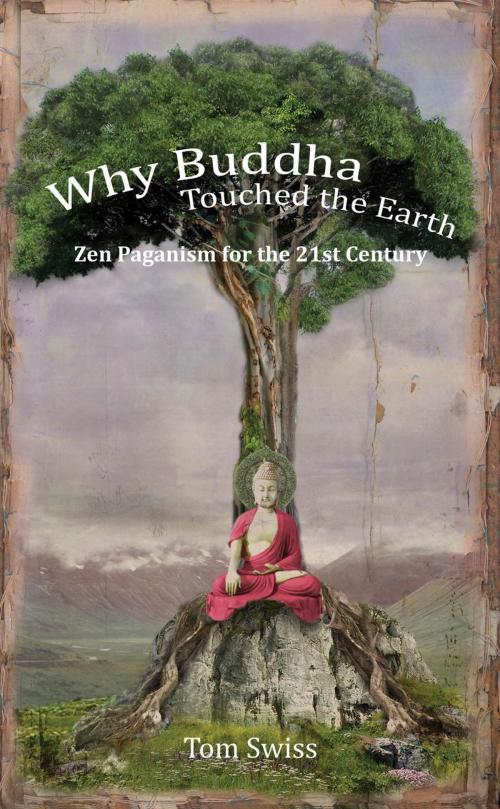Why Buddha Touched the Earth Zen Paganism for the 21st Century
Nonfiction, Religion & Spirituality, Occult, Occultism, New Age, Magic Studies| Author: | Tom Swiss | ISBN: | 9781536591644 |
| Publisher: | Storm Constantine | Publication: | August 2, 2016 |
| Imprint: | Language: | English |
| Author: | Tom Swiss |
| ISBN: | 9781536591644 |
| Publisher: | Storm Constantine |
| Publication: | August 2, 2016 |
| Imprint: | |
| Language: | English |
Shortly before his death, John Lennon called himself a “Zen Pagan.” With this he gave an excellent name to a religious trend that goes back at least as far as Henry David Thoreau, who wrote of his love and respect for both the ancient nature god Pan and the Buddha.
The connection between Buddhism and nature spirituality is ancient. According to legends of the Buddha's enlightenment, in his hour of need he asked the Earth to bear him witness rather than appealing to a heavenly deity. Over the centuries Buddhism influenced and was influenced by nature religions like Taoism and Shintō, while its introduction to the West came partly through spiritual nature writers like Thoreau and Gary Snyder. Occultists Aleister Crowley and H.P. Blavatsky played key roles in both Buddhist and Neopagan history.
Why Buddha Touched the Earth investigates the rise of Buddhism as a world religion during the nineteenth and twentieth centuries, its relationship to the Neopagan movement, and how both are related to the extraordinary changes civilization has seen since the Industrial Revolution. It combines rigorous history with lively and practical discussions of mysticism, magic, meditation, ethics, and the future of religion in a scientific age.
Shortly before his death, John Lennon called himself a “Zen Pagan.” With this he gave an excellent name to a religious trend that goes back at least as far as Henry David Thoreau, who wrote of his love and respect for both the ancient nature god Pan and the Buddha.
The connection between Buddhism and nature spirituality is ancient. According to legends of the Buddha's enlightenment, in his hour of need he asked the Earth to bear him witness rather than appealing to a heavenly deity. Over the centuries Buddhism influenced and was influenced by nature religions like Taoism and Shintō, while its introduction to the West came partly through spiritual nature writers like Thoreau and Gary Snyder. Occultists Aleister Crowley and H.P. Blavatsky played key roles in both Buddhist and Neopagan history.
Why Buddha Touched the Earth investigates the rise of Buddhism as a world religion during the nineteenth and twentieth centuries, its relationship to the Neopagan movement, and how both are related to the extraordinary changes civilization has seen since the Industrial Revolution. It combines rigorous history with lively and practical discussions of mysticism, magic, meditation, ethics, and the future of religion in a scientific age.















